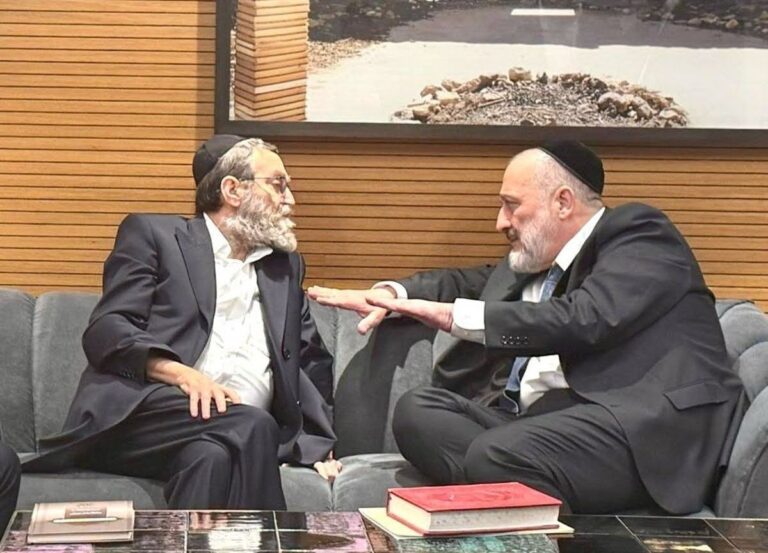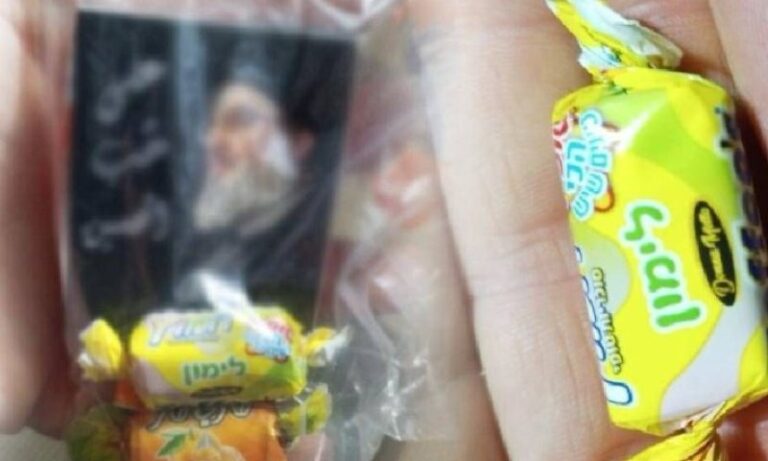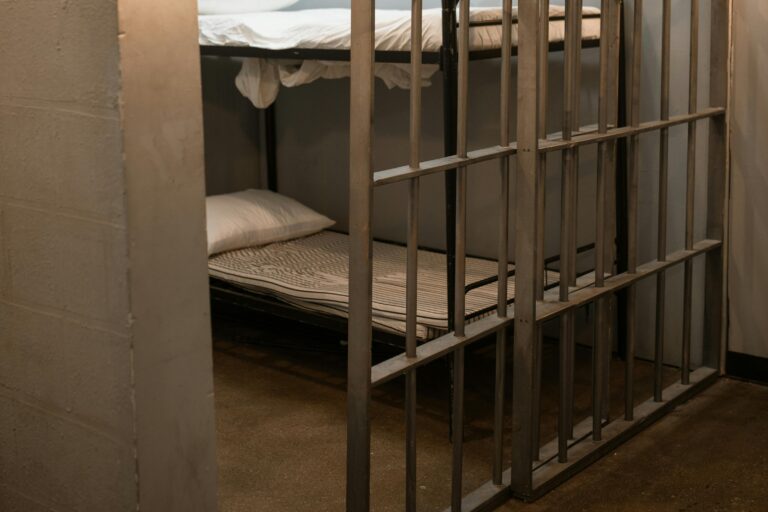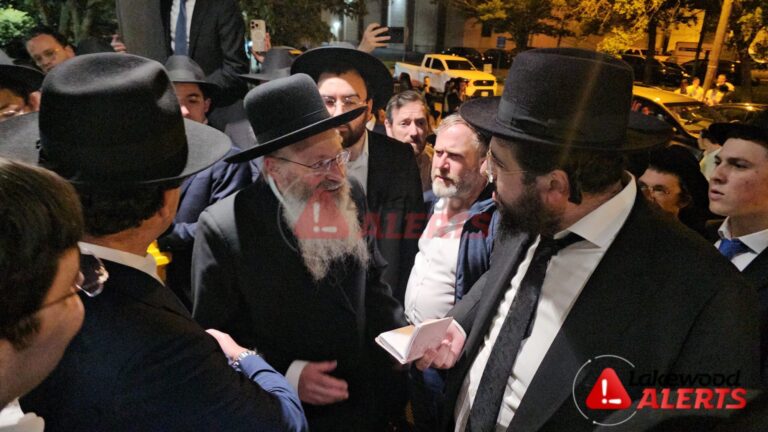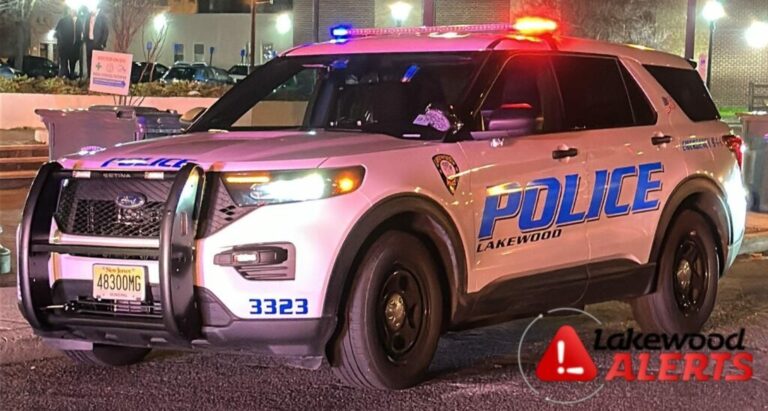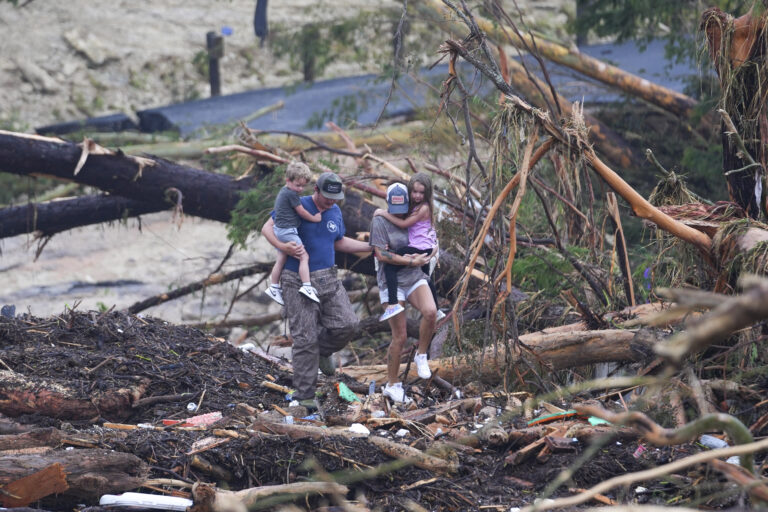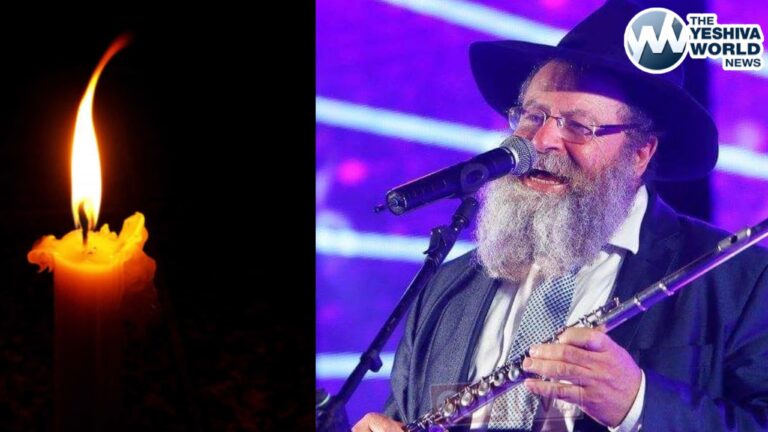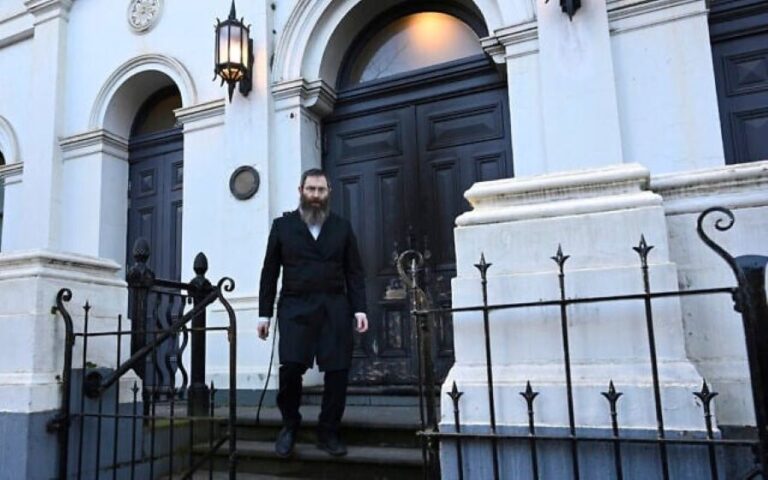By Rabbi Yair Hoffman for Five Towns Jewish Home
Be prepared for the second volume of Shamanu Kain Ra’inu with many hundreds of further fascinating rulings in halacha from Rav Chaim Kanievsky zt”l.
Reb Shimon Brecher z”l was an extraordinary individual whom Klal Yisroel had lost to COVID at a relatively young age. He passed away in October of two years ago. Reb Shimon, or Shimi, lived in Lakewood, New Jersey, and was a businessman, an askan, a philanthropist and a remarkable Talmid Chochom. He was also a close confidant of Rav Chaim Kanievsky zt”l.
The greatest tribute that could be paid to this remarkable individual, however, was paid to him by his children – in that they published his copious notes of questions that he had posed to Rav Chaim Kanievsky shlita and shaped them into a unique sefer.
Of the many hundreds of seforim that print questions and answers with Reb Chaim – this sefer stands apart. One can tell the depth and profundity of the person asking the questions. They reflect a deep grasp of the underlying sugya and we are so much wiser because of it.
The sefer is called Shamanu kain ra’inu. The first volume had numerous questions that are specific to Kohanim. This volume deals with Shabbos and the Yomim Tovim. The sefer also has a number of footnotes that delve into the very heart of the issues presented. It seems to me (and I could be wrong) that it was not available in the US. I purchased my copy in Eretz Yisroel.
I first became acquainted with Reb Shimon when he reached out to me regarding an article on a new and questionable type of meat. Subsequently, I connected with him at Zichron Shneur in Lakewood. Reb Shimon wisely handled some very sensitive issues. We became friends and spoke regularly. On a number of these occasions – Reb Shimon saved the day for Klal Yisroel. He was involved in helping teens at risk and once arranged for a trip to Eretz Yisroel where some of the younger teen-agers met and received brachos from Rav Kanievsky zt”l. The loss of Reb Shimi is profoundly felt – not only in Lakewood, but across the world. May his neshomo be a meiletz yosher for all of Klal Yisroel.
The following are some of the questions and answers in the second volume:
Chapter One-
- Q: I heard that the Rav paskened that borrowing for Shabbos and Hashem will pay back is only when one does so l’kavod Shabbos but if he does so for his own kavod – it does not work. Is that true? A. Yes it is. [Rav Chaim zt”l then cited the moshol of the Dubno Maggid] Q: What if it is for both? A: It works Q; What if the person is unsure of his exact intent? A: He should recite it aloud like the MB recommends (OC 250:2) Q: Is he still obligated to borrow – even when he has selfish intents? A: It would seem so.
- Q: The Biur Halacha (242 “v’lo”)cites the chazal that all of a person’s income are set from Rosh HaShana and what he spends on Shabbos and Yom Tov are exempt from that. Does one need kavana for that or is it in all circumstances? A: All circumstances.Q: The MB (419:1) writes similarly for Yom Tov expenses, Rosh Chodesh Expenses and Torah tuition – is it for all circumstances? A: Yes, no intent is required.
- Q: We know that there is a halacha that if a woman neglects to light the Shabbos licht, she must add extra as a knas – a fine or penalty. What if she lit the electric lights l’shaim Mitzvah but without a bracha – is there still a penalty? A: One may be lenient.
- Q: Someone was davening Mincha on erev Shabbos and it was rather late. He wanted to fulfill the Mitzvah of adding onto Shabbos, but he was in the middle of Shmoneh Esreh. If he acceted Shabbos upon himself in thought – may he continue with his Shmoneh Esreh? A: Yes, he may continue davening.
Chapter Nine:
36: Q: A group of American bochurim wish to come during Bain HaZmanim to Eretz Yisroel, but there is a war happening in Gaza. Should they not come? A: They can come. Q: Even during the Nine Days? A: Yes.
- Q: Someone left a Zecher l’churban, of the proper size (one Amah by one Amah) but it later was covered up by the air conditioner. Is this still okay? A: No, it must be seen.
- Q: What is the first thing we should do when Moshiach arrives? A: Recite the [correct] brachos. Q: Is there a special bracha for Moshiach or do we just recite the bracha recited upon a king? A: It would appear that he considered to be a king so we recite the bracha on a king as well as the bracha on a Chacham. There are three more brachos: Shehecheyanu, Mechayeh Maisim (When it happens) and sh’asa li nais.
Chapter Sixteen
- Q: The new Daf Yomi is starting. What is preferable to study Daf Yomi or to learn in-depth? A: He should do both (in other words, he should learn daf yomi in depth).
- Q: Someone needs to take time to prepare the Leining. Is it better to study it so no mistakes will be made or to use the time for learning? A: There is an inyan, if it is for the needs of the many.
- Q: There is an orphaned student in Yeshiva who is quite weak. People are asking one of the most advanced students in the Yeshiva to study with him. Should he do so? A: Yes, he should.
- Q: If someone is studying in Bais Midrash and wishes to air out his feet, may he remove his shoes and continue studying with his sock on? A: It is not derech eretz to do so.
The author can be reached at [email protected]


